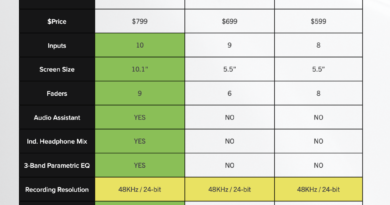NHTSA probes 280,000 new Teslas over loss of steering control

The National Highway Traffic Safety Administration (NHTSA) is investigating 280,000 Tesla vehicles over reports of loss of steering control and power steering. The malfunctioning has frequently been accompanied by driver-facing messages indicating that power steering assist is reduced or disabled, according to the report.
The preliminary evaluation into 2023 Model 3 and Model Y vehicles comes after regulators received 12 complaints from owners, according to NHTSA’s investigation. NHTSA has put Tesla under the microscope many times over the years, largely in response to the automaker’s advanced driver assistance systems, Autopilot and Full Self-Driving (FSD). It’s not clear if this investigation relates directly to either ADAS, and NHTSA did not respond in time to TechCrunch’s request for more information.
A driver in Woodbridge, Virginia complained that their Tesla Performance Model 3 began showing problems two weeks after delivery on June 15.
“Today while driving and making a left turn, the steering wheel locked up while showing an error code UI_a020 stating steering assist is disabled,” the driver wrote in a complaint. “Vehicle steering gets locked, and once you get out and get back in, the car code disappears; however after driving a mile or 2 code reappears, and the steering gets very stiff, making it almost impossible to turn in either direction. Very unsafe and unreliable to drive on highways at high speeds. Please investigate this matter, as I am not the only one with this issue.”
Another Model 3 driver reported in May the “car steering felt stuck and slid off the road which resulted in crashing into a tree.”
A complaint from a Model Y owner in April said the “wheel jerked hard right and made a thud” and that Tesla had moved their service visit from May 2 to May 25 due to a backlog of parts.
The preliminary evaluation is the first step to a formal investigation to determine if the problem poses an unreasonable safety risk. If NHTSA were to demand a recall, it would need to upgrade the probe to an engineering analysis.




